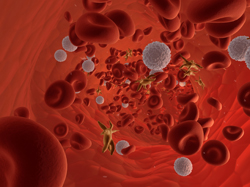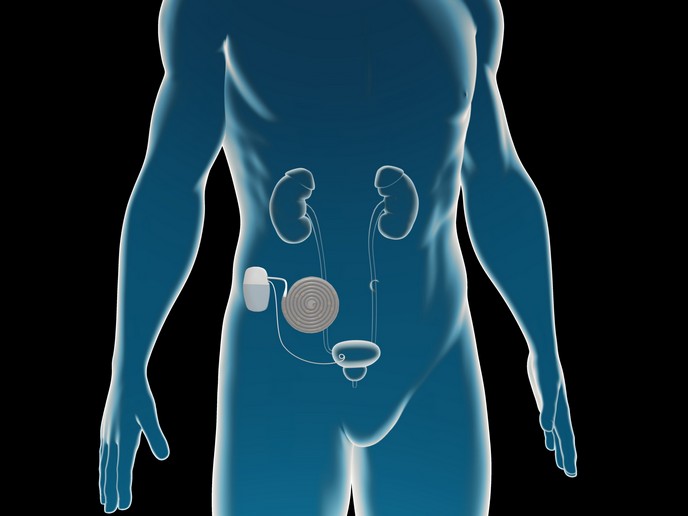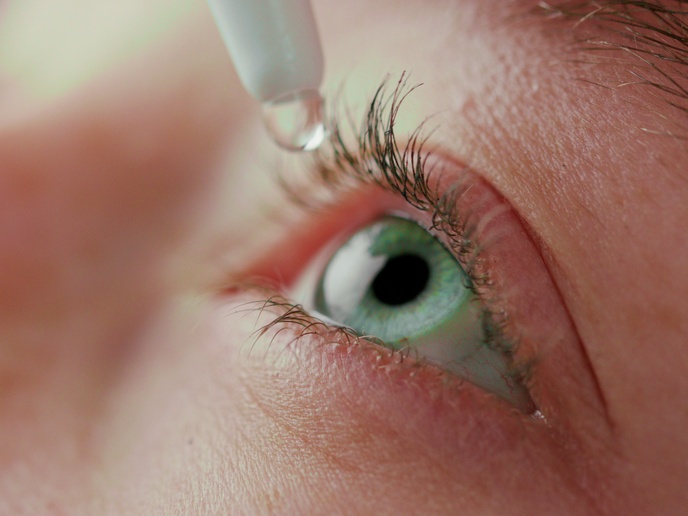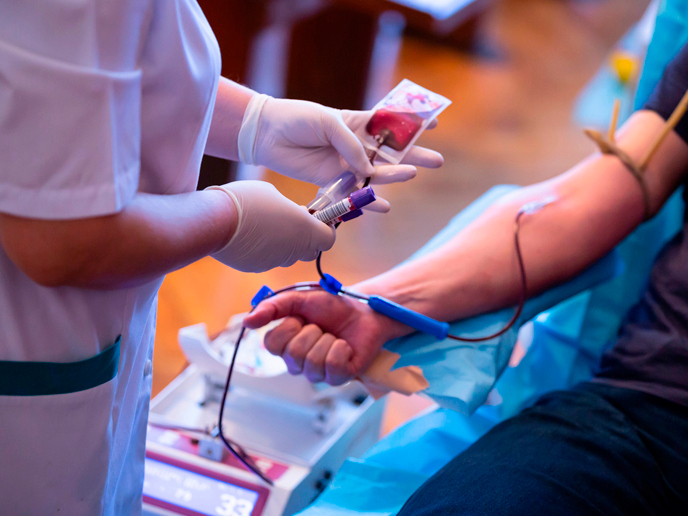A novel antibody-based drug to fight disease
Around 25 proteins constitute the Complement System and are produced in the liver. Complement components react with one another and trigger opsonisation of pathogens, leading to an inflammatory response that is geared to clear the infection. Excessive activation of the Complement System has been associated with Haemolytic Uraemic Syndrome (HUS), a systemic disease characterised by damage to endothelial cells and erythrocytes as well as kidney failure. Although HUS is usually associated with gastrointestinal infections, there are a number of cases where no infection can be found; these are termed atypical HUS (aHUS). Nearly half of aHUS patients have gain-of-function mutations in at least one of the Complement components, indicating that inherited abnormalities of the immune system are implicated in disease pathogenesis. To this end, drug development is focusing on ways to dampen this complement over-activation. Alongside this notion, the key objective of the EU-funded 'Preclinical study of recombinant human anti-C5 for the treatment of atypical HUS' (PRATH) project was to perform a pre-clinical study for the development of orphan drugs to fight aHUS. The project was based on an antibody against the complement component 5 (C5) developed by the industrial partner of the consortium under the trade name Mubodina®. This orphan medicinal product had already been characterised by in vitro and in vivo experiments, but pre-clinical evaluation was pending. During the PRATH project, scientists aimed to perform pharmacological, pharmacokinetic and toxicological studies for the anti-C5 antibody and test its therapeutic efficacy in a mouse model of aHUS. Through the establishment of GMP-grade anti-C5 antibody production, the PRATH consortium hopes to provide a valid and efficient solution for the treatment of aHUS.







